Canada elections: PM Trudeau's Liberals set to win minority government
Canada's Prime Minister Justin Trudeau has narrowly won reelection after his Liberal Party won the country’s hotly-contested parliamentary elections, but fell short of gaining an absolute majority.
Conservatives conceded defeat as Trudeau’s Liberals is forecast to win early elections by multiple national media outlets.
In his victory speech on Monday, Trudeau gave assurances that his government will endeavor to get the Canadians through the pandemic.
"You are sending us back to work with a clear mandate to get through this pandemic into brighter days ahead. That's exactly what we are ready to do," he said.
Trudeau, 49, called the elections two years early in hopes of securing a parliamentary majority.
He has been prime minister since November 2015 after he became the first leader to take the Liberals from third place to an election win.
However, the Liberals fell short of the 170 seats needed in the 338-seat House of Commons that would have allowed them to avoid forming a coalition government.
Pollster Tim Powers predicted a Liberal minority win, with network projections giving the Liberals156 seats, little changed from the 155 they held going in to the vote.
Conservative Leader Erin O'Toole conceded defeat on Tuesday and said he had called Trudeau to congratulate him.
Final results are still days away, with the COVID-19 pandemic and a delay in counting mail-in votes hampering the process.
Trudeau 'lied to us'
Long lineups outside polling stations were observed in several major cities.
Douglas O'Hara, 73, casting a ballot in Trudeau's Montreal electoral district of Papineau, said earlier that he was "very disappointed" with the prime minister.
He recalled that the leader had pledged not to go to the polls until the outbreak had subsided.
"Then as soon as he gets a chance (when) he thinks he's going to get a majority, he calls an election," O'Hara said. "I really believe he lied to us."
"In the end, this election was ultimately for nothing," University of Winnipeg politics professor Felix Mathieu told AFP, pointing to the projected seat count for each party as being similar to the split in the last parliament, with most incumbents re-elected.
Conservative leader O'Toole recalled Trudeau having pulled the plug on the last minority parliament he said was "unworkable."
"But tonight Canadians did not give Mr. Trudeau the majority mandate he wanted," he said.
Failed attempt
Trudeau called for the snap elections on Aug. 15 − two years after the Liberals were reduced to a minority − and he asked Canadians to decide who was best suited to finish the fight against COVID-19 and lead the country’s recovery.
But mixed results in polls over the 38-day campaign quickly showed the Liberals’ efforts to turn the minority government into a majority one was to no avail.
Trudeau had also lost his parliamentary majority in 2019 after allegations that his government improperly intervened in a criminal case against a Quebec-based construction company and by revelations that he had worn blackface as a younger man.
Trudeau, who is the son of the late Liberal Prime Minister Pierre Trudeau, has twice been found in breach of federal ethics rules.
He has faced crowds of angry protesters during the recent campaign, most of them anti-vaxxers, who are opposed to the government imposing mandatory COVID-19 vaccinations.
Trudeau's Liberals will now again need support from opposition parties to govern. The prospect of another minority government raises questions about Trudeau's future as he has struggled to deliver on many of his ambitious policy promises.
Iran announces massive public funeral for 'Martyr Leader' Imam Khamenei
FM Araghchi: Trump betrayed diplomacy, Americans by attacking Iran
CIA turns to Kurdish militants to destabilize Iran after war failures: Report
Iran won’t remain silent in face of aggression: Envoy
Tehran warns EU against ‘Nazi mindsets,’ slams German backing of Israeli-US aggression
Iran agreed to nuclear concessions in Geneva talks – and then US-Israel bombed
Witkoff undermined Iran talks by peddling lies to build case for military aggression: Report
Scrutiny mounts over Trump’s Iran war amid contradictory claims, soaring costs: Reports


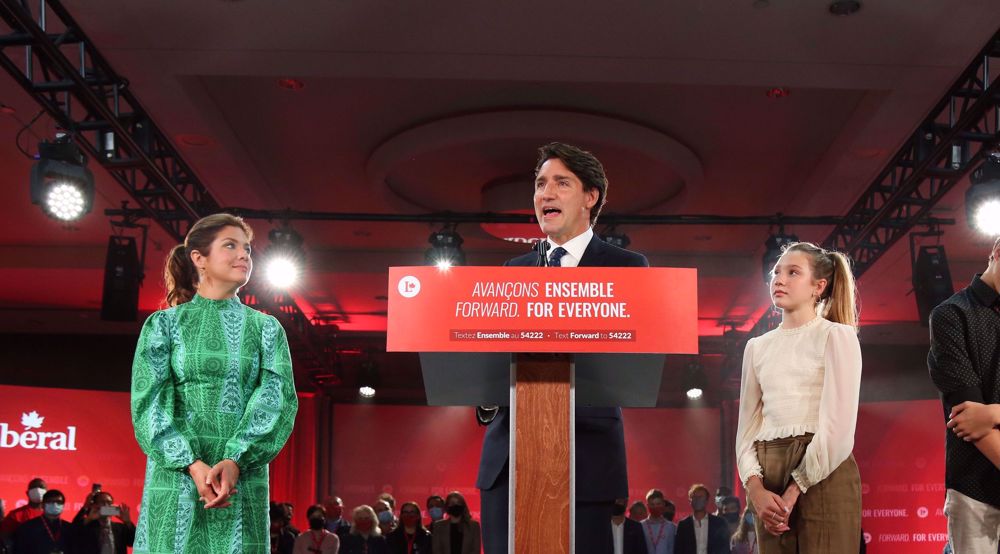
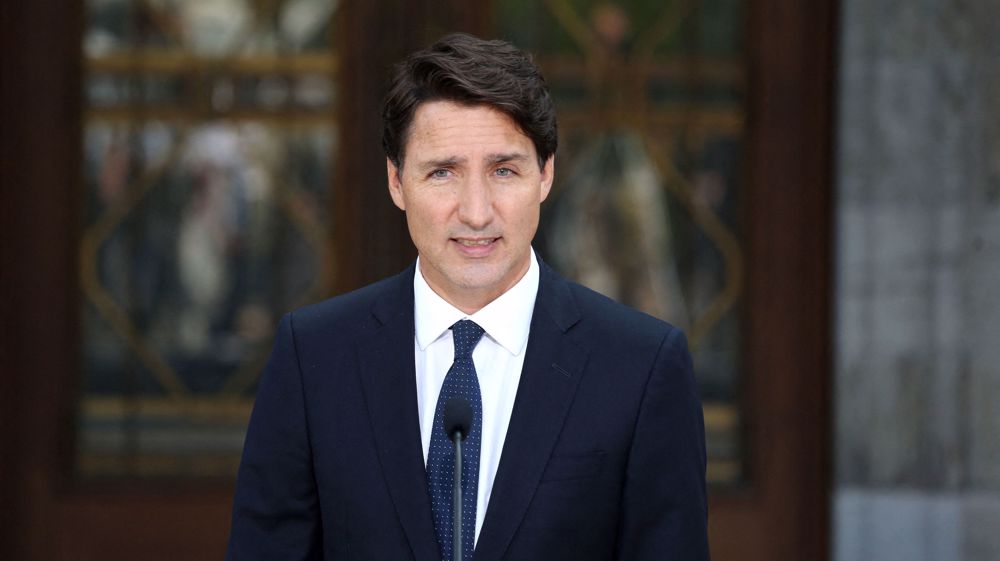
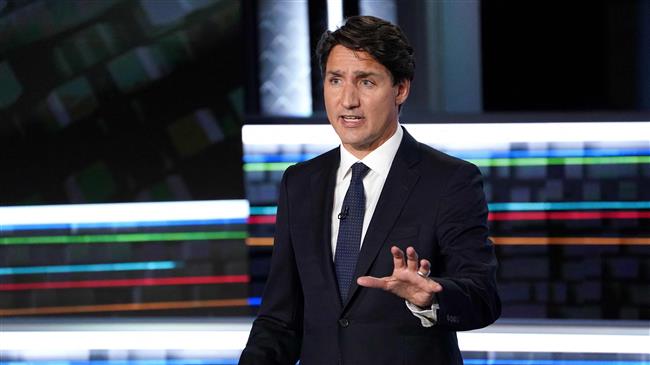
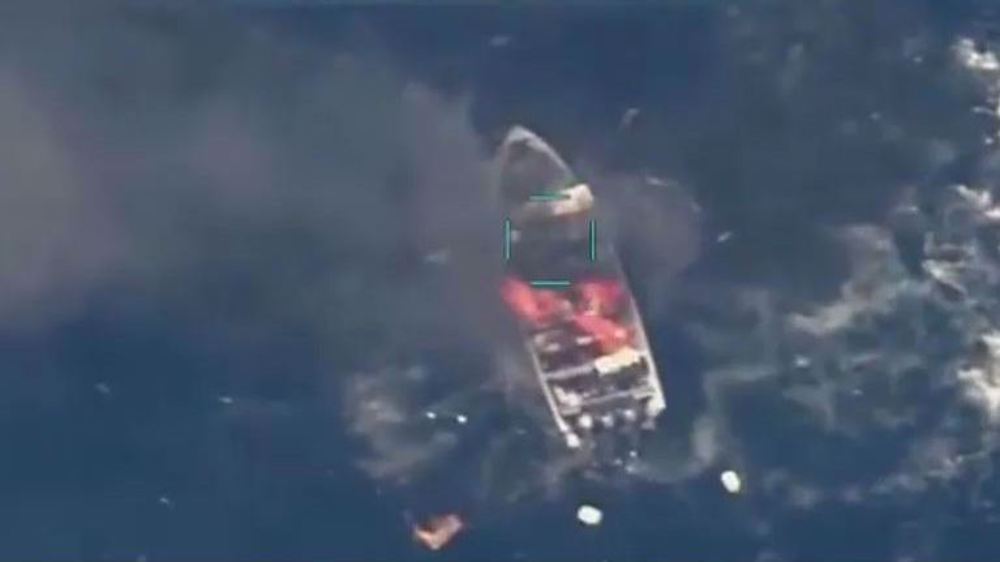
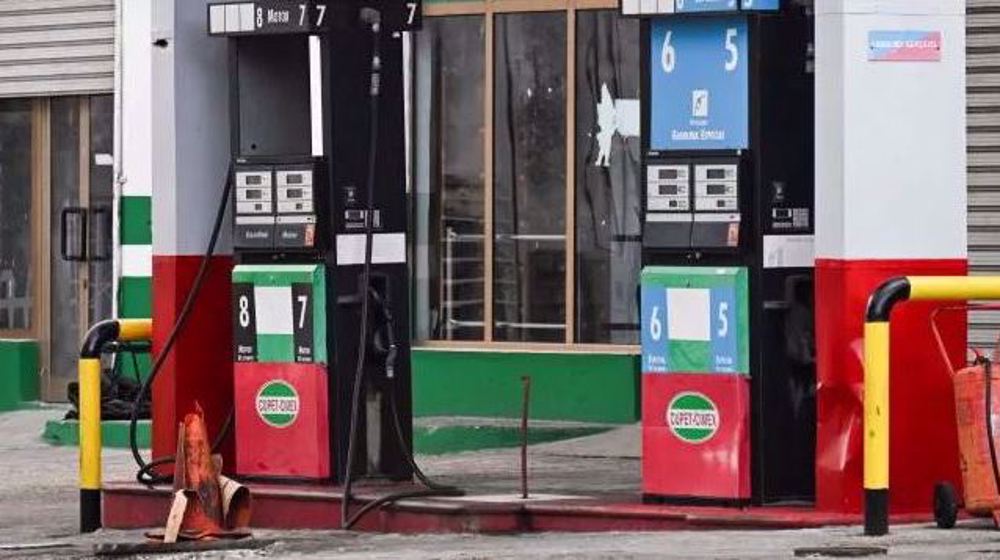
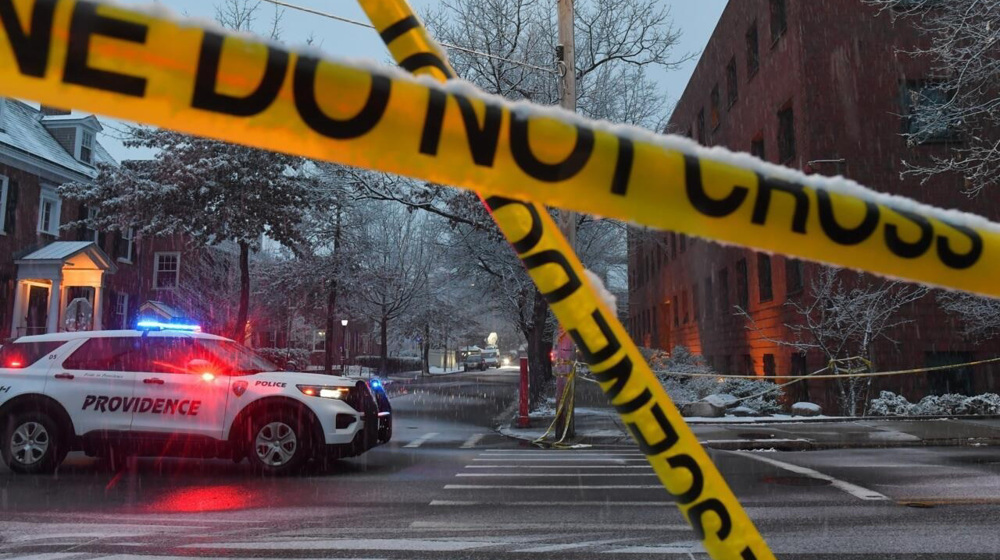



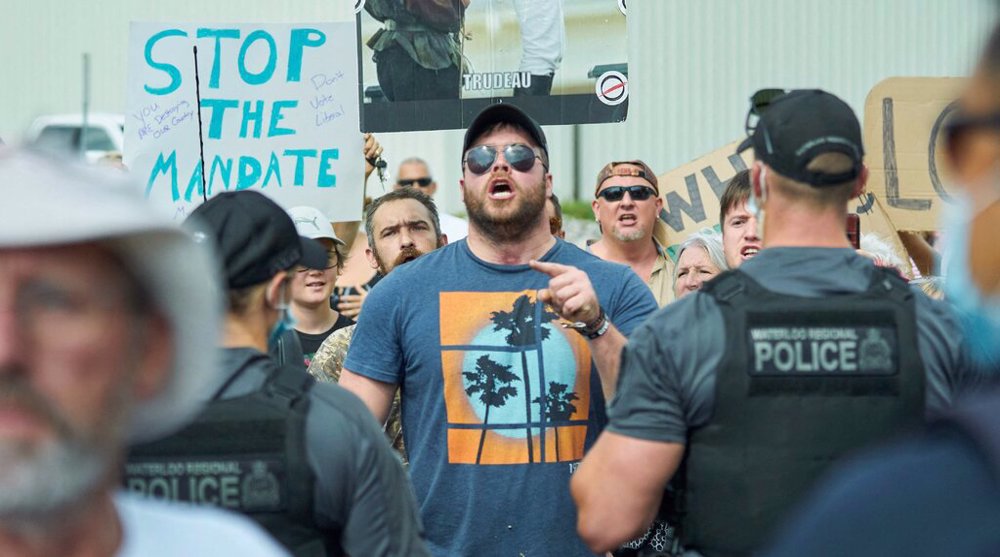
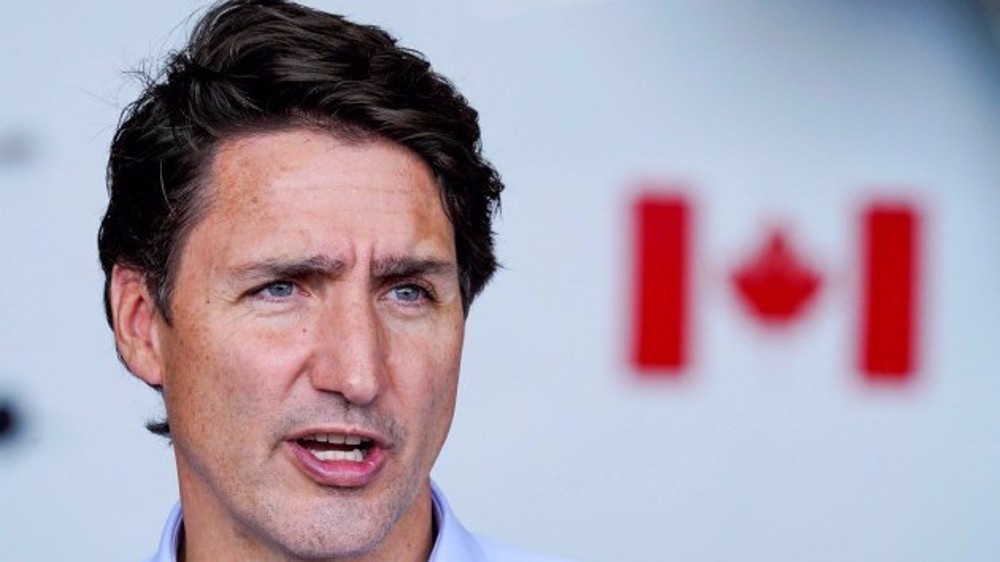
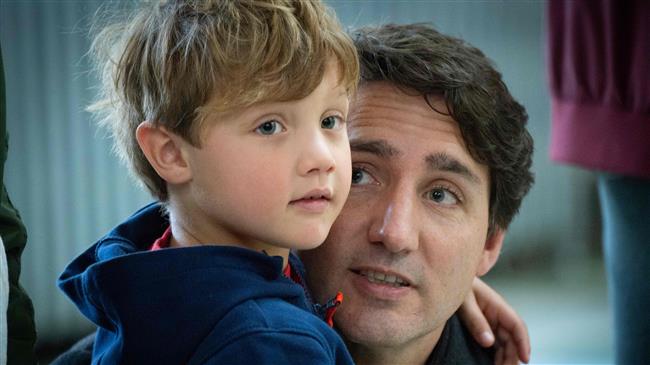
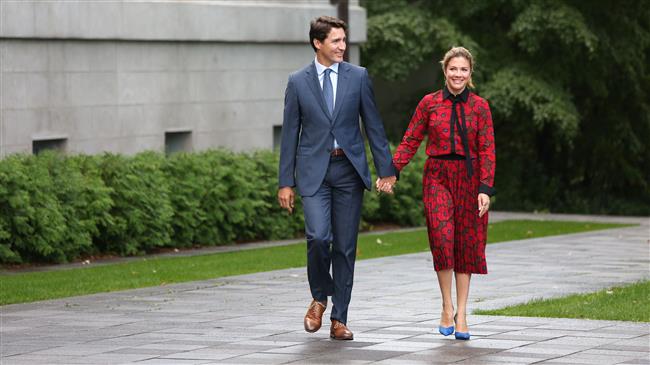

 This makes it easy to access the Press TV website
This makes it easy to access the Press TV website